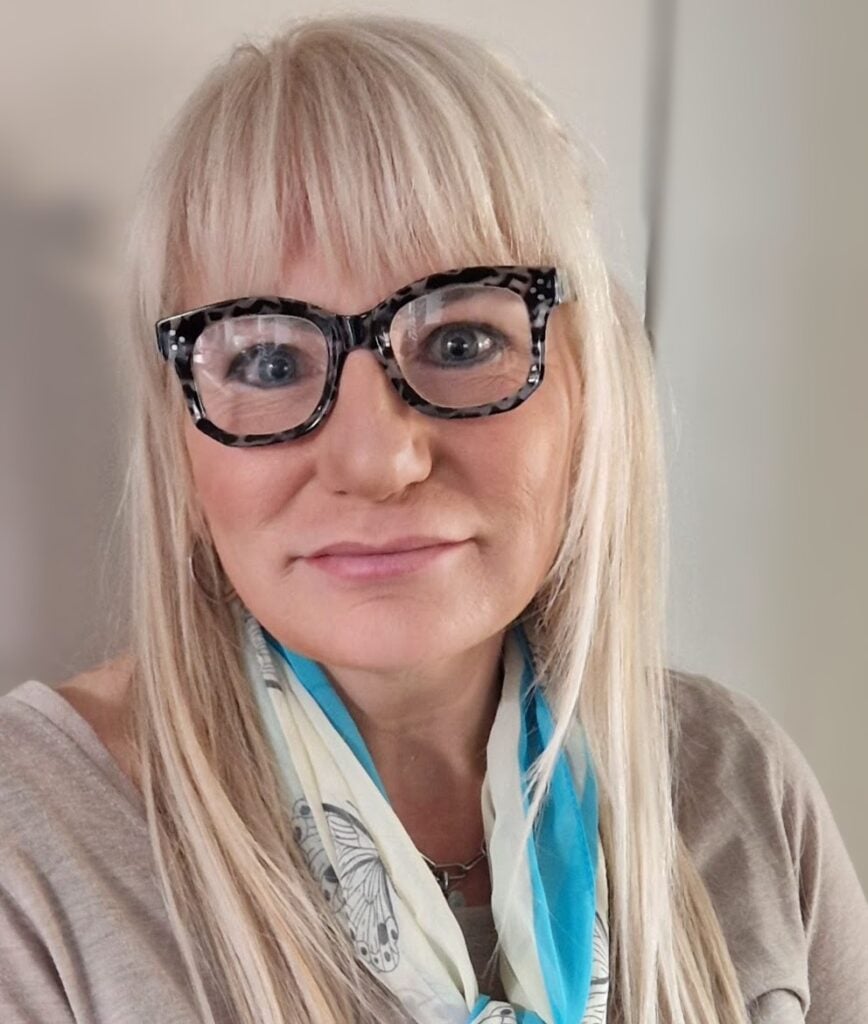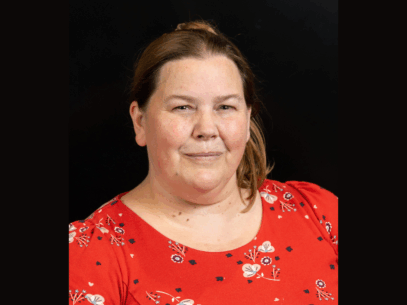10 October 2025
By Donna Bronson-Barnes, Head of Social Care Improvement, SCIE
This World Mental Health Day is a timely reminder that mental health isn’t just an individual concern, it’s a community one.
The environments we live and work in, the relationships we build, and the support we feel all shape our wellbeing. And when people feel heard, valued and included, those environments become places where everyone has a chance to thrive.
From my own background in community development, I’ve seen that lasting change rarely comes from services delivered to people. Real transformation happens when services are built with people, creating the right conditions for individuals and communities to flourish, together.

Why strength-based leadership makes a difference
Too often, the starting point in mental health and care services is to ask, “What’s wrong?” or “What’s missing?” But a strength-based approach turns this on its head. It begins with the question: “What’s strong here, and how can we build on it?”
Recognising people’s existing skills, resilience, and networks isn’t just a nice idea, it works. By focusing on what people already bring, we can help build confidence, independence and purpose. Practice and research increasingly show that when services adopt this approach meaningfully, people feel more in control, recover better and often need less long-term support.
But this isn’t just about individual outcomes. Strength-based leadership changes how teams work, too: empowering staff, encouraging collaboration and creating cultures where innovation and compassion thrive.
Co-production: more than a buzzword
If we want services that truly work for people, we have to go beyond consultation and commit to co-production, working in genuine partnership with those who draw on care and support.
Co-production means sharing power, listening deeply and building services together from the ground up. It’s a principle that runs through the Care Act 2014, and it’s one that many in the sector, including SCIE, are helping to turn into everyday practice.
With reforms ahead, including the forthcoming Mental Health Bill, we have a real opportunity to move beyond supportive language and towards clearer legal and policy expectations around co-production. That means embedding participation not just as an option, but as a right.
And the evidence backs this up. Our research, ‘Developing our understanding of the difference co-production makes in social care’, found co-production has a range of benefits. These include an increase in self-confidence, self-esteem and sense of empowerment, better health and wellbeing, increased engagement and trust and higher levels of satisfaction with and awareness of services.
Local success stories like the Wigans Deal, a transformation program by Wigan Council to move away from traditional top-down service delivery, and the Lambeth Living Well Collaborative, a group of commissioners, practitioners and people with lived experience that works to improve the mental health and wellbeing of Lambeth’s residents, also show what’s possible. These are examples where co-production has helped build trust, improve outcomes and reduce reliance on crisis services. They remind us that when people help shape the decisions that affect them, services become more sustainable, and communities more connected.
The theme of this year’s World Mental Health Day is ‘access to services – mental health in catastrophes and emergencies’. Co-production helps build services that are more resilient because they are shaped by the people who draw on and deliver them. This means they’re more grounded in real needs, better able to adapt quickly and more trusted by communities. When catastrophes and emergencies hit, these strengths help ensure services stay accessible, relevant and effective. For example, our research into the COVID-19 Pandemic found that areas with strong co-production were closer to understanding what was working for people and ensuring citizens shaped the response.
SCIE’s role in mental health reform
At SCIE, we’re passionate about supporting organisations to put these values into action. Through our consultancy, training, insights and resources offers, we help local authorities, providers and care leaders embed strength-based leadership and build co-production into how they work.
With mental health reform on the horizon, we’re already identifying where support is needed most, and we’re investing in new capacity, including recruiting a dedicated Mental Health Practice Lead. This role will offer expert advice and hands-on support to help local systems translate new legislation and policy into real, meaningful change.
Looking ahead
This World Mental Health Day, let’s commit to more than just raising awareness. Let’s take action.
By investing in strength-based leadership, embedding co-production and listening, really listening, to the voices of people and communities, we can build services that don’t just treat problems but nurture potential. Services that empower people. And systems where everyone feels heard, seen and valued.
To find out more about how we can help you in mental health practice, contact us.
To learn more about World Mental Health Day and how you can get involved, visit the Mental Health Foundation’s website.
As a not-for-profit charity, SCIE supports the development of innovative solutions to address challenges faced by children and families, helping ensure high quality, co-produced, ethical and evidence-based practice.



